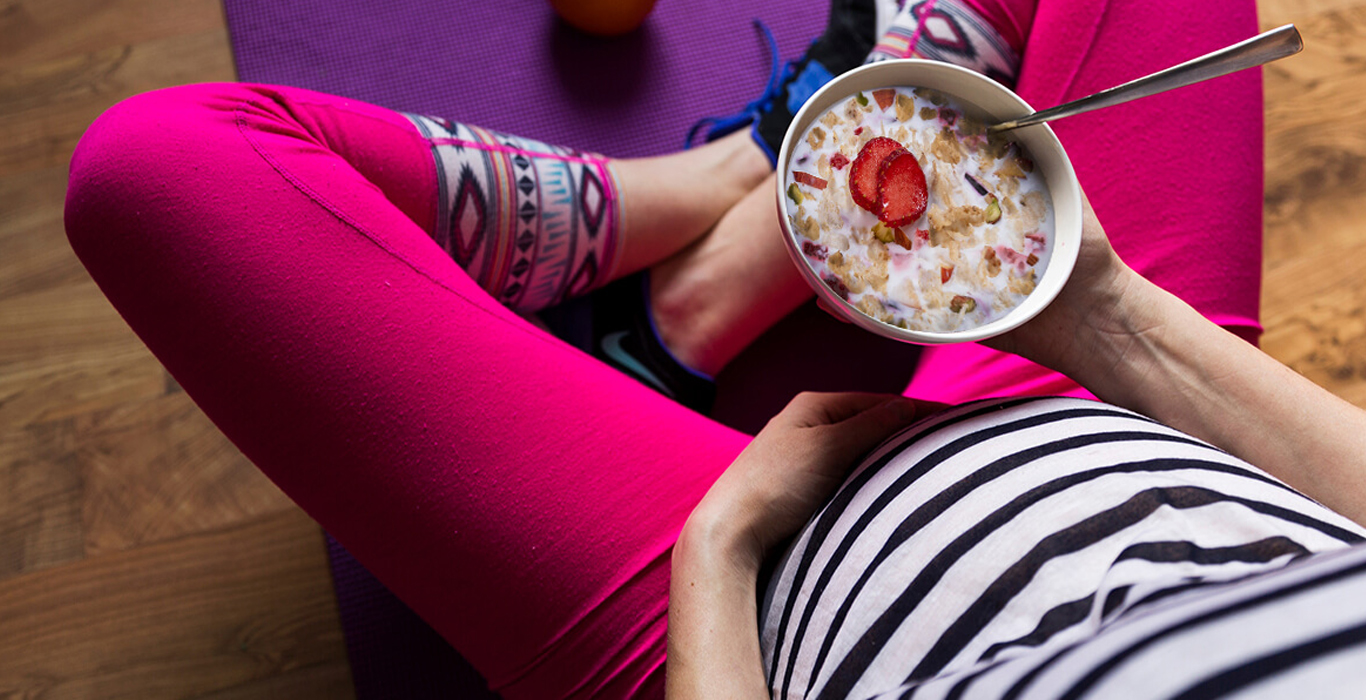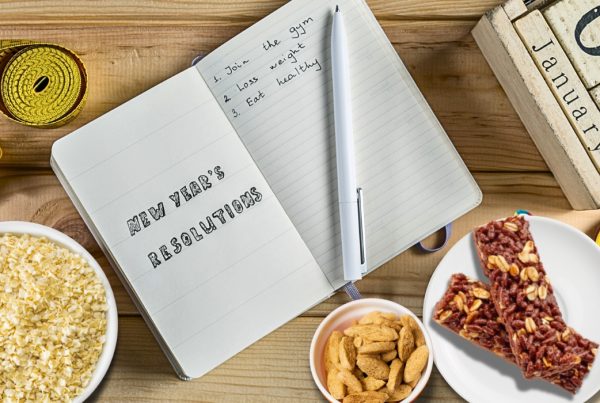There are a few confusions about without gluten consuming fewer calories that persuade individuals to think that eating gluten-free during pregnancy can be perilous and ought to stay away from except if you experience the ill effects of Celiac Disease. In any case, I accept that if you do it right, a without gluten diet can assist you with getting the entirety of the fundamental pre-birth full scale and miniature supplements, keep up with ideal glucose levels, and have the energy to remain dynamic during pregnancy, on the off chance that you decide to and your PCP endorses.
To assist with stopping those legends, the following are 5 things you should think about eating gluten-free during pregnancy.
1. A gluten-free diet may help you keep gestational diabetes at bay.
pregnant ladies need carbs! However, prepare to be blown away. If you eat gluten-free, you’re probably going to burn through prevalent carbs, like supplement thick green vegetables, quinoa, and yam. Bread, grains, and pasta are high-glycemic, which means they will raise glucose rapidly. This can be hindering for those in danger of gestational diabetes. Without gluten, entire food sources offer carbs that won’t raise glucose unnecessarily and offer a wide assortment of normally happening nutrients and minerals.
2. A gluten-free diet can help you avoid constipation and heartburn during pregnancy.
Fiber is a pregnant mom’s closest companion. It keeps everything traveling through the digestive system, helping battle those all-to-normal pregnancy side effects: stoppage and acid reflux. Many individuals believe that you need to eat entire wheat bread, grains, and pasta to acquire fiber. In any case, that isn’t the situation. Truth be told, food varieties like an artichoke heart, raspberries, pears, split peas, lentils, broccoli, flaxseed, and Chia seeds have dramatically higher measures of fiber per calorie than entire wheat bread.
3. Your baby will get the folic acid it needs.
Manufactured folic corrosive isn’t equivalent to folate. For your baby to receive the rewards of folic corrosive, your body should change over manufactured folic corrosive into the naturally utilitarian structure 5-methyltetrahydrofolate. Many individuals can’t make this transformation, which might prompt lacking degrees of folic corrosive for your creating hatchling, and folic corrosive inadequacy can prompt genuine birth deserts. Consequently, you need to get the most regular folate conceivable, and sans gluten food varieties like lentils, beans, asparagus, spinach, and cauliflower can assist you with doing that!
4. The foods with the best iron are gluten-free.
At the point when you are expecting, you need more iron than you typically do. In any case, the invigorated iron that is found in bread and grains has an ingestion rate that is just two percent and doesn’t surpass 20%. So rather than going for invigorated gluten food sources, attempt mollusks, chicken, hamburger eggs, and fish, which have an iron ingestion rate that reaches from 15 to 35 percent.
5. Opt for natural, unprocessed gluten-free foods to get the most prenatal benefits.
However they are bereft of gluten, prepared sans gluten food varieties are made with cornstarch, potato flour, and sugar, which can raise glucose, significantly more than gluten-containing things. Additionally, most handled food varieties contain undesirable fixings and added substances like high fructose corn syrup, sugar, thickener, soybean oil, and soy lecithin – which are all best to stay away from during pregnancy.
Remembering these five focuses will assist you with having your best sans gluten pregnancy. Regardless of whether you choose to dispense with or limit gluten from your pregnancy diet, remember an essential guideline – stick to supplement thick entire food sources. Eating natural suppers and tidbits, with normally happening supplements and no added substances or additives, is the most ideal decision for mother and child.







